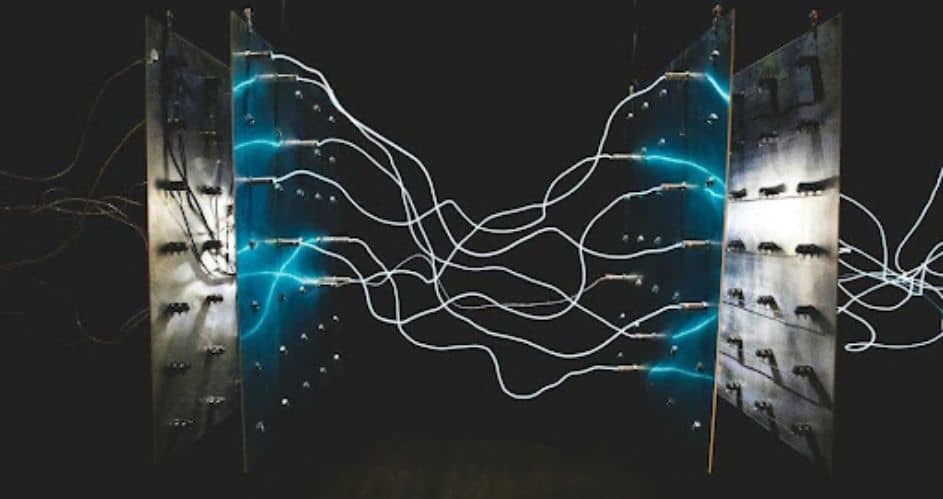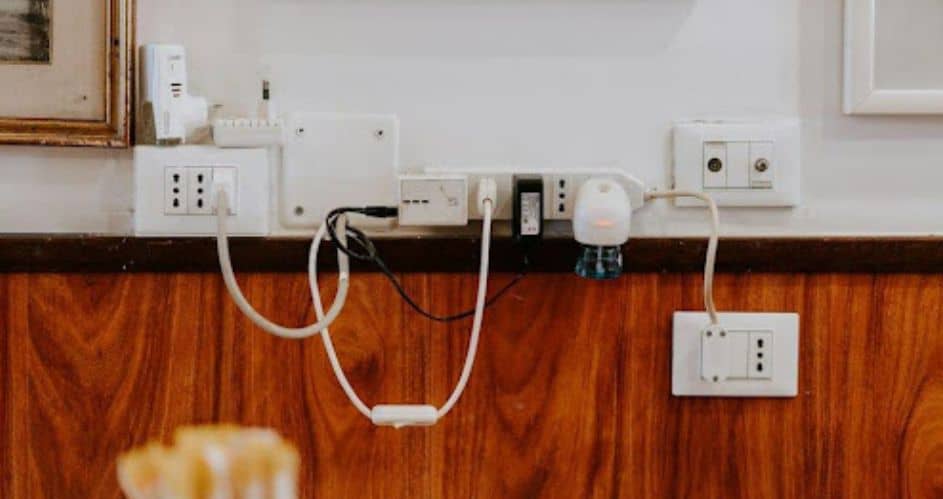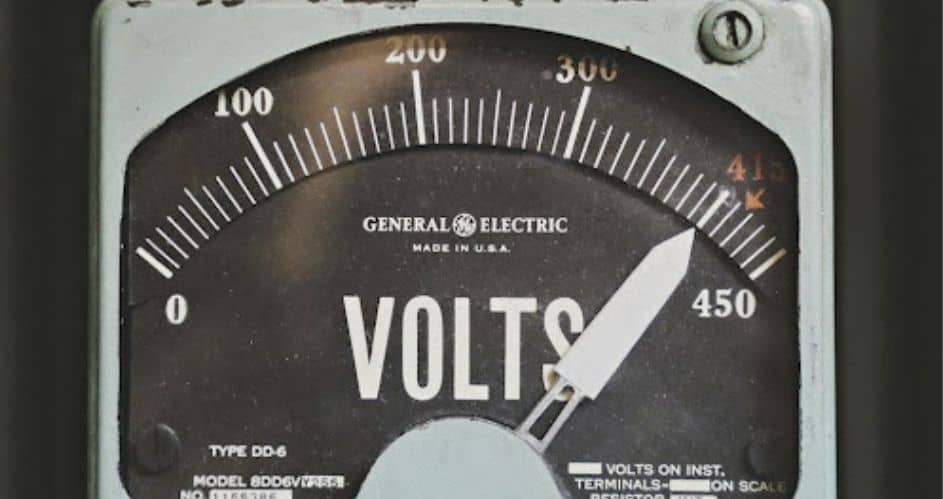
There are many things that you should know about electricity before you begin to work with it. It is always best to speak to a professional electrician before you do anything with electricity. You want to be careful because you do not want to get electrocuted.
There are many electrical repairs that you can do on your own. You will need to speak to electricians about which ones are allowed. Most of the work must be done by a professional due to codes from the state and country.
This article will help you to learn more about working with electricity. It will help you to know what you can and cannot do when it comes to the power source of your home. You can also do more research to find the information that you need.

What You Need to Know
Warning Signs –
There are many warning signs to let you know that your electricity is not working as it should be. There can be smells that tell you that there might be something burning.
You might also hear popping noises from electrical outlets: https://www.ul.com/insights/8-signs-you-may-have-problem-your-electrical-wiring. Make sure you watch out for these warning signs and do not ignore them.
GFCI –
GFCI is a ground fault circuit interrupter switch that is supposed to be placed within six feet of any water sources in your home. These switches will flip off if there are any issues with it.
This can cause that particular outlet to become nonworking and all other outlets that are connected to the same breaker will also be nonworking. A common call to electricians is to come out and fix a problem connected to the GFCI.

Overhead Power Lines –
These lines are everywhere – and they are live. When they are overhead, they are not that big of a problem for you. It is when they fall to the ground that you must worry about them. If you see them on the ground, avoid them at all costs and call emergency personnel to deal with them.
DIY –
There are many electrical projects that you can take on yourself if you have any knowledge at all. You can replace outlets and other electrical projects that are outside of your wall.
Once you gain more knowledge, you can do more things such as fishing wire between outlets. If you do not feel comfortable doing the work, call a professional electrician.
Color of Wires –
Usually, white wires are neutral, and black wires are live, but this is not always true. See here to learn more about this. If you have had other amateurs working on your wiring, this could be backward. You should treat every wire as if it were live until you find out differently.

Low Voltage –
Just because a system is low voltage, it does not mean that it will not harm you. They usually are not as dangerous as others, but they can still be harmful.
You want to treat these as if they are standard voltage to keep them from being harmed. The current that runs through these is more dangerous than the voltage and even low-voltage systems can carry high currents.
Vampire Draws –
Vampire draws are those that come from appliances and electronics that are plugged in all the time. These items, especially those that use remote controls, use electricity continuously.
This is usually just a small amount, but it can raise your bill each month. Even chargers for your electronics can draw power even when not plugged into your devices.
Protective Gear –
Most people know that rubber is a good insulator, but most don’t know that it must be the right type of rubber. You need to have gear that is specially made to work with electricity because not all rubber is made the same. Common rubber is made with other materials so it is not as safe and can even be dangerous.
Three-Slot Receptacles –
If you are replacing a three-slot receptacle, you need to make sure that there is a ground wire to connect the third slot.
You cannot just take out a two-slot receptacle that has no ground wire and replace it with a three-slot receptacle. You need to have the ground wire, or it will not work properly and can cause issues for you that could be dangerous.
Circuit Breakers –
You cannot tape down a circuit breaker that continues to shut off. These are meant to keep you safe, and the circuit will shut off when there is a problem. Taping it down will prevent it from working correctly and could cause fires in your home. Never tape down a circuit breaker to prevent damage to your home.
Tamper Resistant Receptacles –
You should use tamper-resistant receptacles – especially if you have small children in the home. These receptacles prevent items such as paper clips or other small items from being inserted into them. In fact, it is a national code to have these types of receptacles.
Outdoor Receptacle Covers –
If you have outdoor receptacles, you need to have a cover for them. This means that you should also have a cover for those that are being used. You do not want to let water gets to them because this will cause problems. There are special covers that you can use to make sure that your electrical cords are covered.
Conclusion
There are many things that you should know about electricity before you begin to work with it. There are simple jobs that most handy people can do, but there are larger jobs that need to be done by professionals. You just need to be careful working with it because it can be dangerous if you do not know what you are doing.
